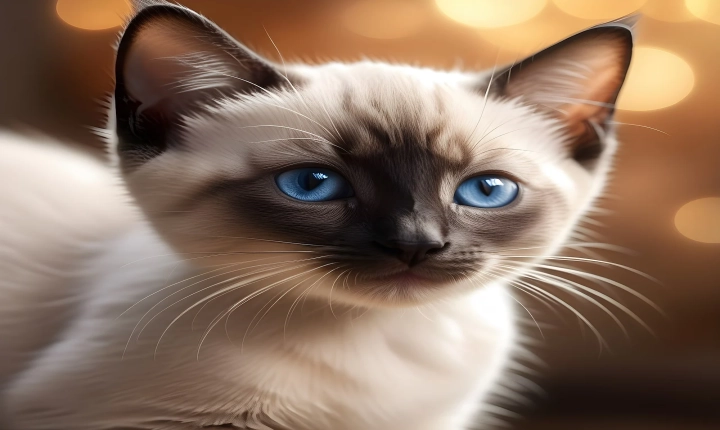Title: Can ChatGPT Write a Cover Letter? Exploring the Capabilities of AI in Job Applications
In today’s world, artificial intelligence has become an integral part of many aspects of our lives, from personal assistants to smart home devices. One area where AI is making an impact is in the realm of job applications, specifically in the creation of cover letters. With the proliferation of AI language models like ChatGPT, many people are curious about whether these tools can effectively generate cover letters that are convincing and professional.
Cover letters serve as a crucial component of the job application process, providing candidates with the opportunity to introduce themselves, highlight their qualifications, and express their interest in a particular position. Crafting a compelling cover letter requires a keen understanding of the job description, the company, and the specific skills and experiences that make a candidate a strong fit for the role. Given the complexity of this task, can an AI-generated cover letter truly capture the essence of a candidate and effectively communicate their suitability for a job?
ChatGPT, developed by OpenAI, has been lauded for its natural language processing capabilities, allowing it to generate human-like text across a wide range of topics. Its ability to understand context and produce coherent and contextually relevant responses has piqued the interest of job seekers and hiring managers alike. To put ChatGPT to the test, we conducted an experiment to assess its capacity to write a cover letter.
During the experiment, we provided ChatGPT with a job description for a marketing manager position at a leading tech company. We also input a candidate’s relevant qualifications, including their experience in digital marketing, strategic planning, and campaign management. The result was a cover letter that conveyed the candidate’s enthusiasm for the role, highlighted their relevant achievements, and expressed a strong desire to contribute to the company’s marketing efforts.
Upon reviewing the AI-generated cover letter, we found that ChatGPT was able to craft a well-structured and persuasive document that effectively conveyed the candidate’s qualifications and passion for the position. However, there were some limitations, such as a lack of personalization and the inability to incorporate specific details about the company or its culture.
While the AI-generated cover letter demonstrated a degree of proficiency in articulating the candidate’s qualifications, it is important to acknowledge that the human touch, personalization, and emotional intelligence that come with a personally crafted cover letter are integral to making a genuine connection with a potential employer.
It is evident that AI like ChatGPT can serve as a valuable tool in aiding the cover letter writing process, providing a solid foundation that candidates can build upon with their own insights and personal touch. The future of AI in job applications is promising, as it can help streamline the initial stages of the application process and free up time for candidates to focus on other aspects of their job search.
In conclusion, while ChatGPT and similar AI language models have the potential to draft cover letters, they should be viewed as complementary rather than comprehensive tools in the job application process. As AI continues to evolve, it will be interesting to see how it can further enhance the efficiency and effectiveness of job search and recruitment processes.
